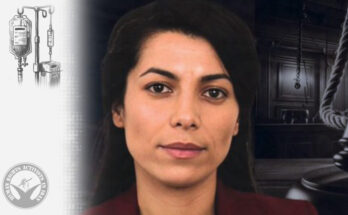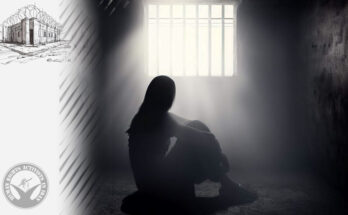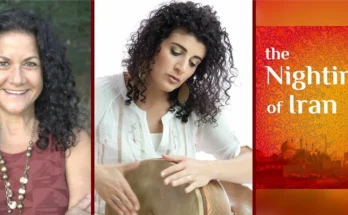Source: Iran Human Rights

Iran Human Rights (IHRNGO); March 13, 2025: Nasrin Barani, a woman on death row for murder, was executed in Isfahan Central Prison.
According to information obtained by Iran Human Rights, a woman was hanged in Isfahan (Dastgerd) Central Prison on 1st March. Her identity has been established as 29-year-old Nasrin Barani from Isfahan who was sentenced to qisas (retribution-in-kind) for murder.
An informed source told IHRNGO: “Nasrin was arrested for the murder of her ex-husband four years ago. She had lived with him for six years before divorcing and marrying her second husband. She was accused of killing her first husband who continued to stalk he.r”
Nasrin Barani is the fifth recorded woman execution in Iran in 2025. Iran executes the highest number of women globally. In 2024, at least 31 women were executed for drug-related, murder and security-related charges in Iran, the highest number of recorded women executions in more than 15 years.
In January 2025, IHRNGO published a report titled “Women and the Death Penalty in Iran; a Gendered Perspective,” which sheds light on the contemporary experiences of women facing the death penalty, focusing on the discriminatory laws and societal factors that perpetuate their suffering.
At the time of writing, her execution has not been reported by domestic media or officials in Iran.
Those charged with the umbrella term of “intentional murder” are sentenced to qisas (retribution-in-kind) regardless of intent or circumstances due to a lack of grading in law. Once a defendant has been convicted, the victim’s family are required to choose between death as retribution, diya (blood money) or forgiveness.
Crucially, while an indicative amount is set by the Judiciary every year, there is no legal limit to how much can be demanded by families of the victims. IHRNGO has recorded many cases where defendants are executed because they cannot afford to pay the blood money.
According to IHRNGO’s 2024 Annual Report on the Death Penalty, at least 419 people including a juvenile offender and 19 women, were executed for murder charges, the highest number of qisas executions since 2010. Only 12% of the recorded qisas executions were announced by official sources. In 2024, Iran Human Rights also recorded 649 cases of families choosing diya or forgiveness instead of qisas executions.




